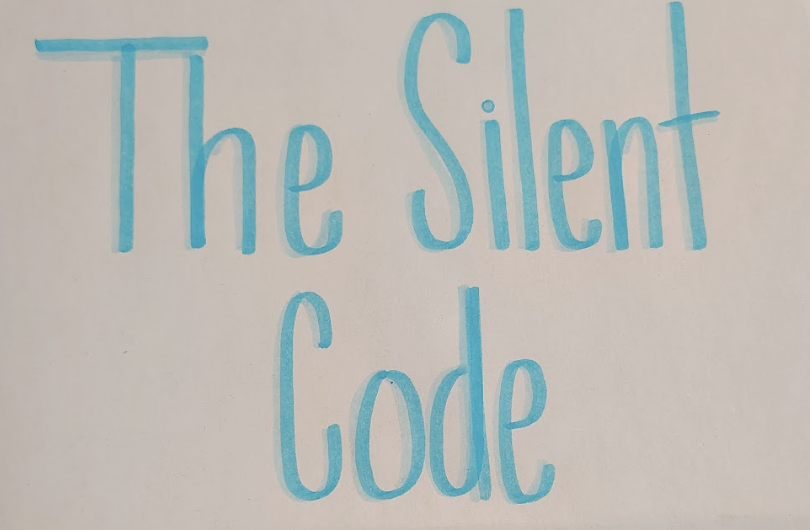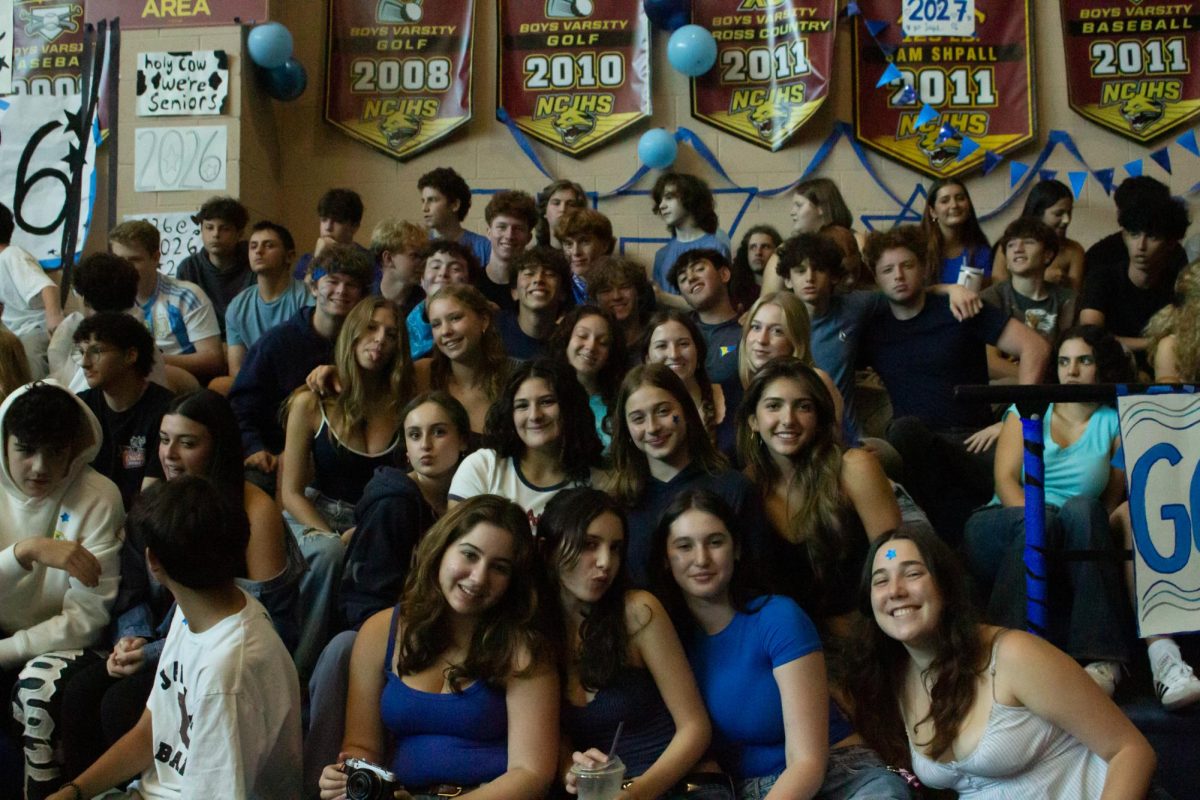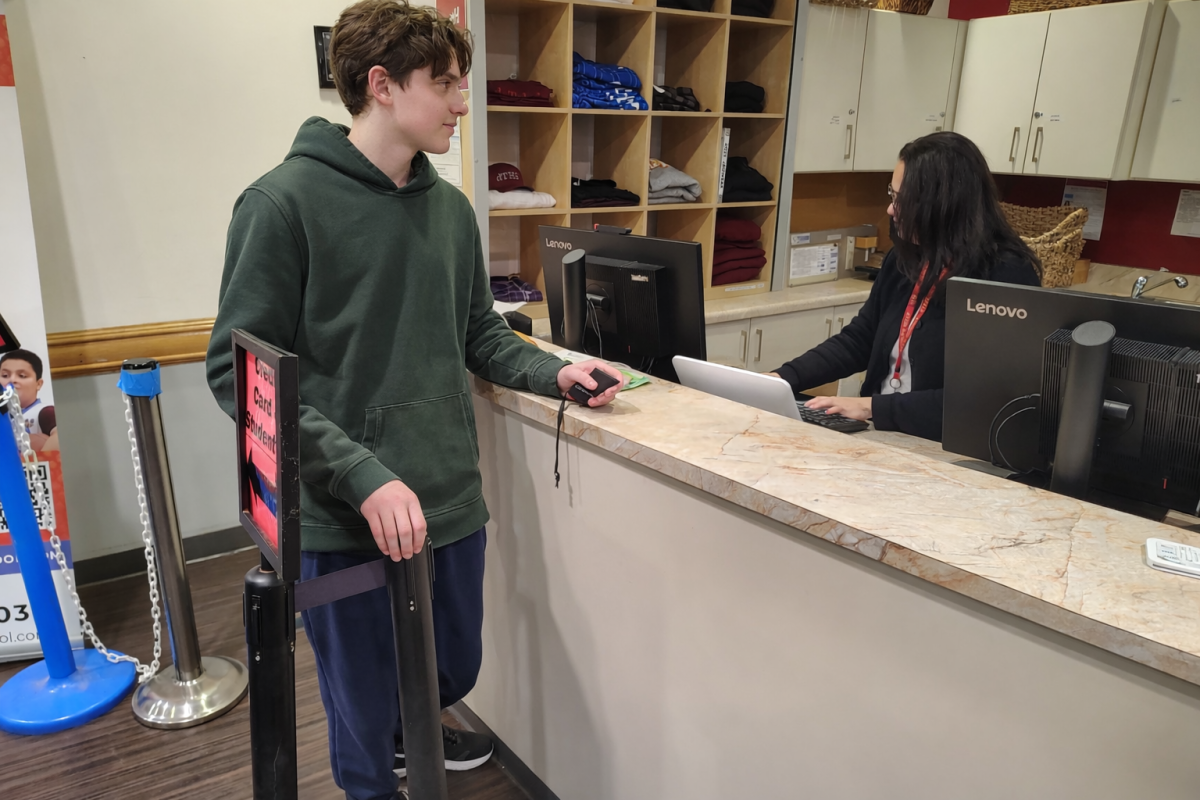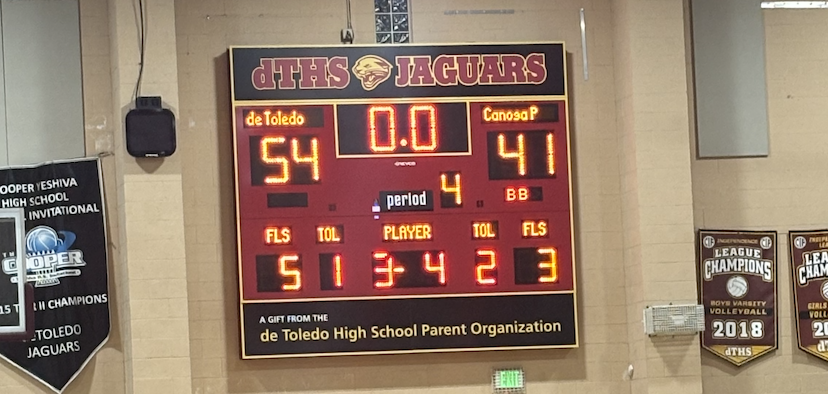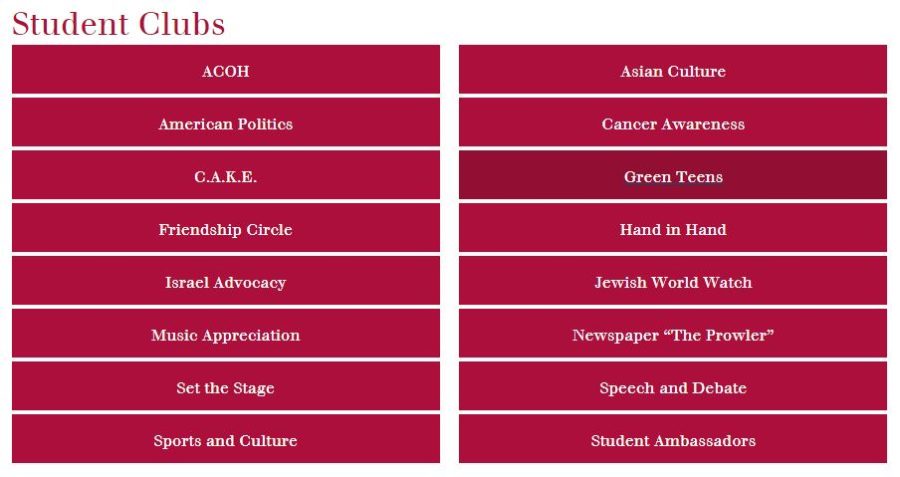Join a Club Because You Care, Not for Credit
April 11, 2018
de Toledo is known for having an abundance of student-led clubs from which to choose and become involved. As a school that strives to prepare its students to become leaders in all aspects of life and to create well rounded, “A+ human beings,” offering so many educational and charitable clubs indisputably encourages the journey to this goal.
However, perhaps there is a side to the club system that is less conducive to the overall visions of the school. That aspect is most often overlooked due to the numerous positive benefits of clubs, but by understanding it better, maybe we can help to combat the perceived negative implications of the club program.
Everyone, it seems, whether they participate in clubs or not, has an opinion about the concept. As I interviewed classmates about their opinions on this matter, I was intrigued by the pointed observations of students who appeared to have firm views yet were either not members of clubs or were members but without strong leading roles in the clubs. This was particularly interesting because these students comprise the majority of the student body, and could potentially represent a dominant opinion.
Sophomore Jessie Greenberg responded, “There’s too many [clubs], and, like, people just do them for college credit,” and explained that there should be fewer clubs “so that they could have more time.”
“There’s too many and people do them for the wrong reasons,” sophomore Aidan Schenck added.
This perspective I found to be rather illuminating. With everyone in a club struggling to achieve and maintain a leadership role, the focus of the club can become lost and instead promote a sort of “power struggle” of people looking to pad their resumes. This type of environment discourages those with genuine interests in a club’s purpose from signing up or attending.
I hadn’t previously considered that school clubs may be viewed as a source of competition, and therefore be avoided by many students. This does, however, provide a reasonable explanation for students’ lack of interest in clubs dedicated to areas in which they are otherwise passionate. Students might feel intimidated to join a club because they don’t want to be in constant competition with their peers.
After interviewing several more classmates, I found that this opinion on clubs at school is not uncommon. People tended to share the same view with only slight variations between their observations.
For instance, sophomore musician Matt Shulman said that either “the clubs aren’t engaging enough for members to stay involved” or “someone has a monopoly on the club.”
This I took to again reflect the competitive reputation it appears school clubs have acquired, with the slight difference being the remark on the clubs’ lack of engagement.
Matt added, “but, besides that I think there are enough clubs,” and this made me feel more confident in my assessment of his perspective, given that it showed he didn’t feel that the clubs were lacking in quantity, but rather in the desired quality.
This led me to wonder whether there could be a possible solution to this apparent common preconception of student-led clubs, and if so, could that translate to more students joining clubs?
Perhaps we merely need to shift the focus when advertising a club from the academic benefits of joining to what the club actually represents. In this way, students would be more inclined to join a club out of genuine interest in the subject matter rather than make their decision based on why their peers are or are not participating in a club.
Overall, the club system at de Toledo is a stellar one, but as with most things, there is still room for improvement. Simple adjustments in the portrayal of clubs at the school may warrant more student members in the future and improve the general reputation our school clubs hold. By providing positive, noncompetitive environments that encourage students to follow their passions, the high school experience can be greatly enhanced and made infinitely more enjoyable.




